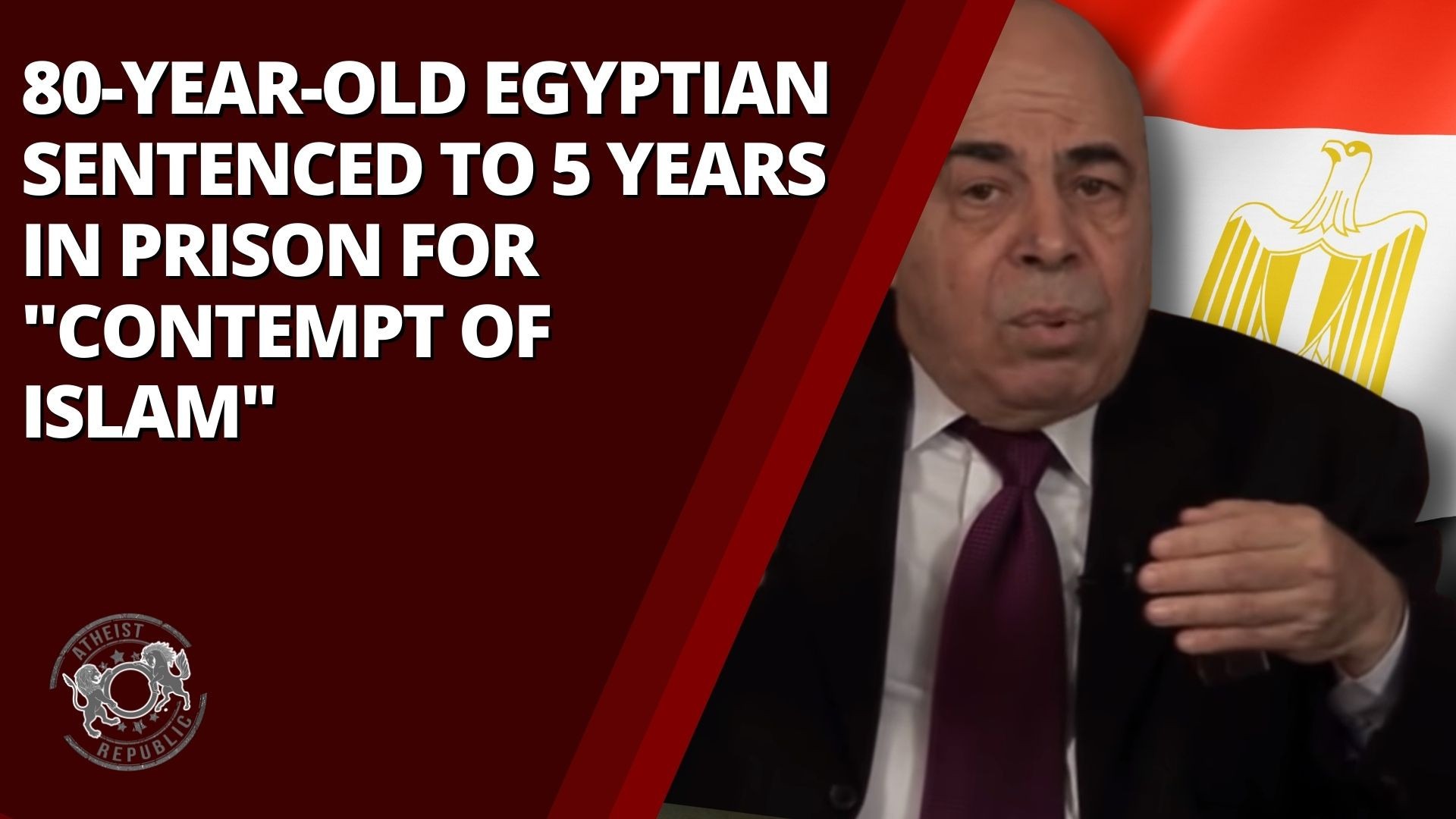
On November 18th, the Nozha Misdemeanors Court of Egypt sentenced Ahmed Abdo Maher to five years in prison. The sentence stated that Maher is guilty of "contempt of Islam, stirring up sectarian strife and posing a threat to the national unity."
Ali Al-Halawani, Maher's lawyer, said the charge follows a recommendation by the prosecutor general's office, which endorsed an investigation by an Emergency State Security Misdemeanor Court. The investigation revealed that Maher was "violating social peace and provoking sedition in his book," Al-Halawani said.
The case started when Samir Sabry, a controversial Egyptian lawyer, filed a complaint against Maher before the prosecutor general. Sabry alleged that Maher was in contempt against Islam.
Sabry said that "criminals" like Maher do "not tire of inventing various methods of war against Islam." Sabry also alleged that the so-called criminals "change the original concepts of religion and replace them with false and glamorous ones." "Because it agrees with their whims," Sabry added.
The 80-year old thinker, publisher, and lawyer has been critical of Egypt's ideological and political stagnation. In 2016, Maher claimed that Arab countries publish "books of ancient heritage, with all their idiocy and insanity."
According to the investigation, Maher's remarks on the early Islamic conquest substantiated the complaints filed against him. In his speeches, Maher labeled the early Islamic conquest as military invasions. He also demanded that Al-Azhar, the top Islamic institution in Egypt to apologize on behalf of Prophet Muhammad's descendants who initiated the conquest.
Maher also claimed that the Islamic conquest was an invasion "aimed to enslave women rather than spread Islam." He also opposed Islamic clerics' claims that the dead are "tormented in their graves due to sins."
Article 98 F of Egypt's Penal Code imposes a maximum of five years in prison for anyone who uses religion to propagate extremist thoughts. Article 98 F also covers contempt against other religions or sects.
Al-Halawani plans to petition the sentence granted by the Nozha Misdemeanors Court, claiming that the trial was done in absentia. Al-Halawani claimed that Maher was "in his office and practicing his work normally."
Al-Halawani also argued that since an emergency court carried out the investigation and ruling, the sentence needed to be ratified by Egypt's president. He is confident that they will have enough time to prepare the petition since Maher can only be arrested if the sentence is finalized.
